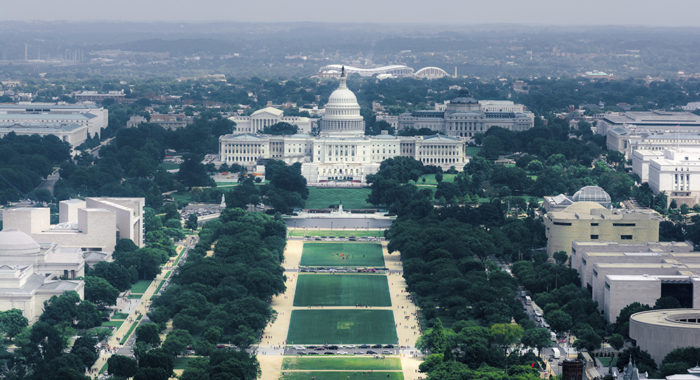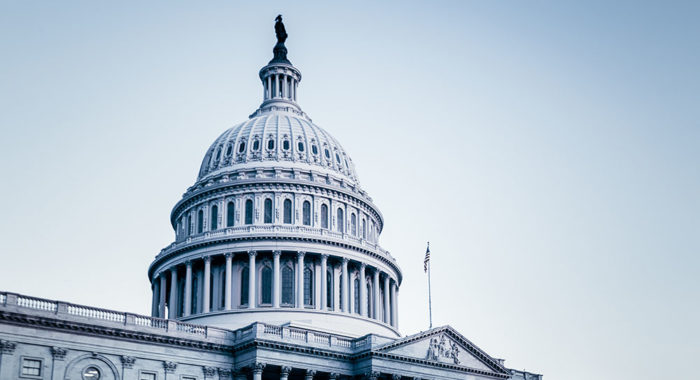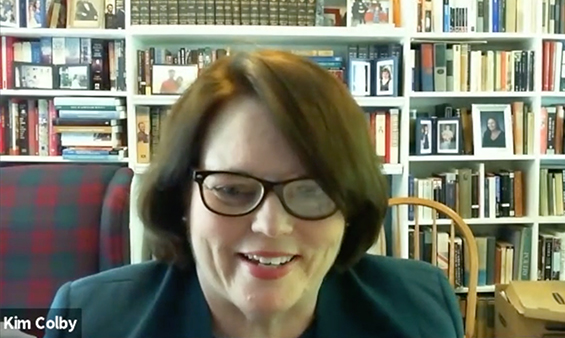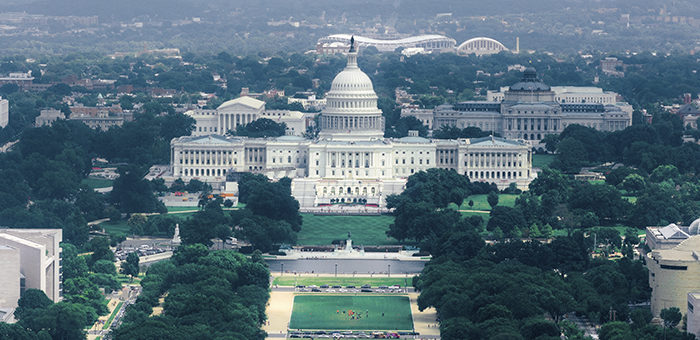
The Supreme Court’s decision in three Title VII cases today redefines the word “sex” in a longstanding civil rights law. In a 6-3 decision, the Supreme Court ruled that employers are legally prohibited from considering sexual orientation or gender identity in their hiring and other terms and conditions of employment. The decision provides significant protections for LGBT people, but leaves unanswered how the right for people and organizations to exercise their religion — to live according to their deeply held convictions — will be safeguarded.
Title VII of the Civil Rights Act of 1964 prohibits discrimination by employers on the basis of race, color, religion, sex or national origin. When Congress included the word “sex” in Title VII, Americans thought their representatives were creating a level playing field for women in the workplace. These recent cases before the Supreme Court argued that, whatever members of Congress were thinking back in 1964, the law they passed also covers employment decisions based on sexual orientation and gender identity. In doing so, the Supreme Court created a law that Congress has repeatedly considered since the 1990s and declined to adopt.
By reading into a venerable civil rights law newly discovered protected classes, the Supreme Court has teed up years of social conflict. Judicial decisions by their nature are blunt instruments between two parties that do not allow for nuanced distinctions between types of employers, such as religious employers, and types of employment decisions.
In Title VII, Congress recognized that a blanket application of a nondiscrimination policy based on sex would create a conflict for some churches, religious colleges and other faith-based organizations in which theological convictions mandate differentiated roles. Accordingly, Title VII, as amended in 1972, includes a robust religious employer exemption that allows faith communities to structure their communal life according to their religious beliefs. With the Supreme Court’s expanded definition of sex, this exemption will be more important than ever, as a wider range of employment practices come under legal restrictions.
As a matter of church-state relations, the government should not interfere in the employment decisions of religious employers. The 1972 exemption has enabled all Americans of goodwill to coexist in a spirit of mutual respect. The National Association of Evangelicals is grateful that Justice Gorsuch’s opinion includes a reaffirmation of the ministerial exception, Title VII religious employer exemption, and Religious Freedom Restoration Act protections.
Since questions about religious freedom remain unanswered, the NAE will work in the courts and Congress to safeguard the freedom of religious organizations and individuals to follow their conscience and beliefs. We urge lower courts to respect and uphold this right in cases that come before them in the years ahead. Ultimately Congress should pass legislation that will ground in the act itself — not just a court decision — protection of the rights of all employers and employees to live according to their deepest convictions.



 View All Updates
View All Updates 























